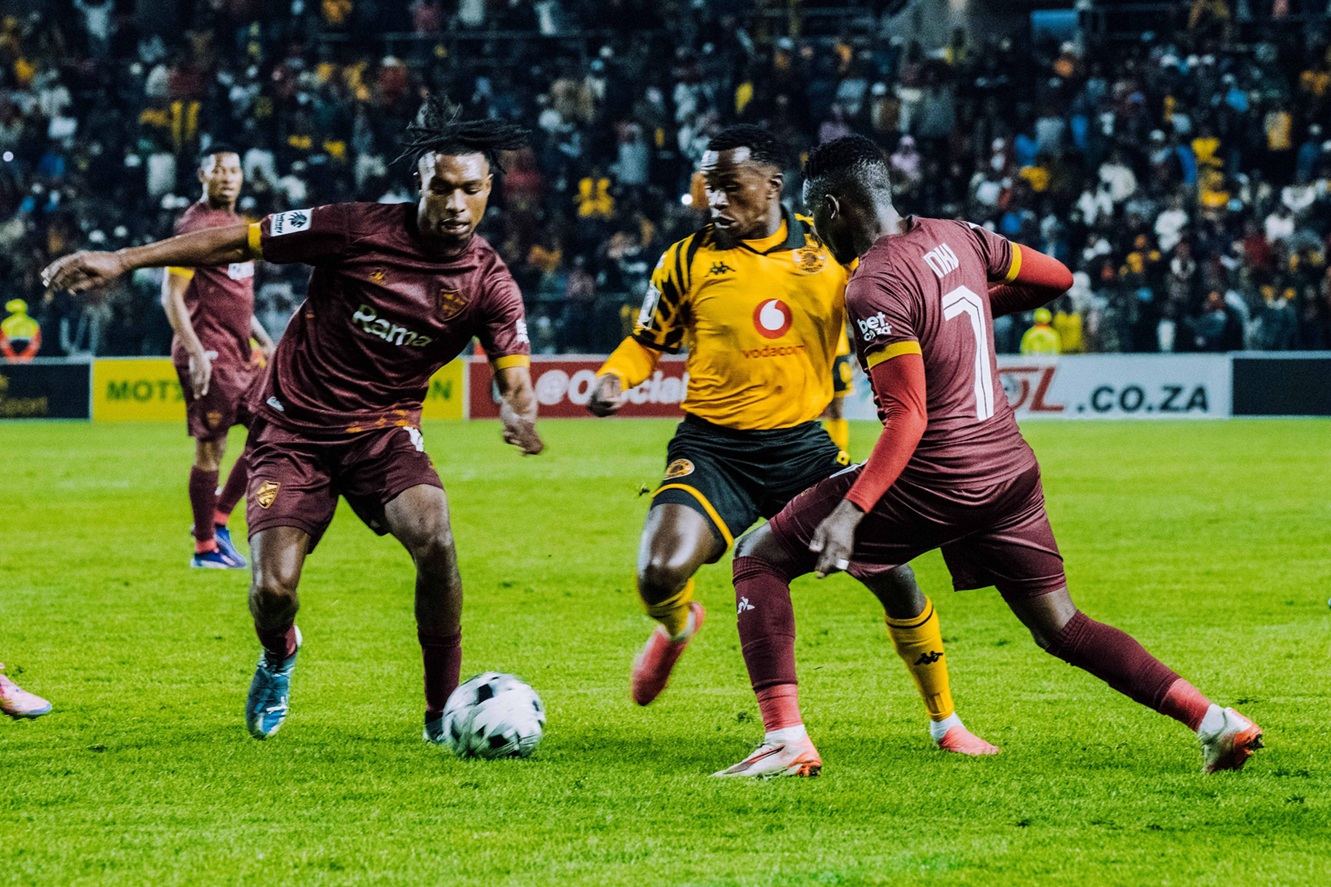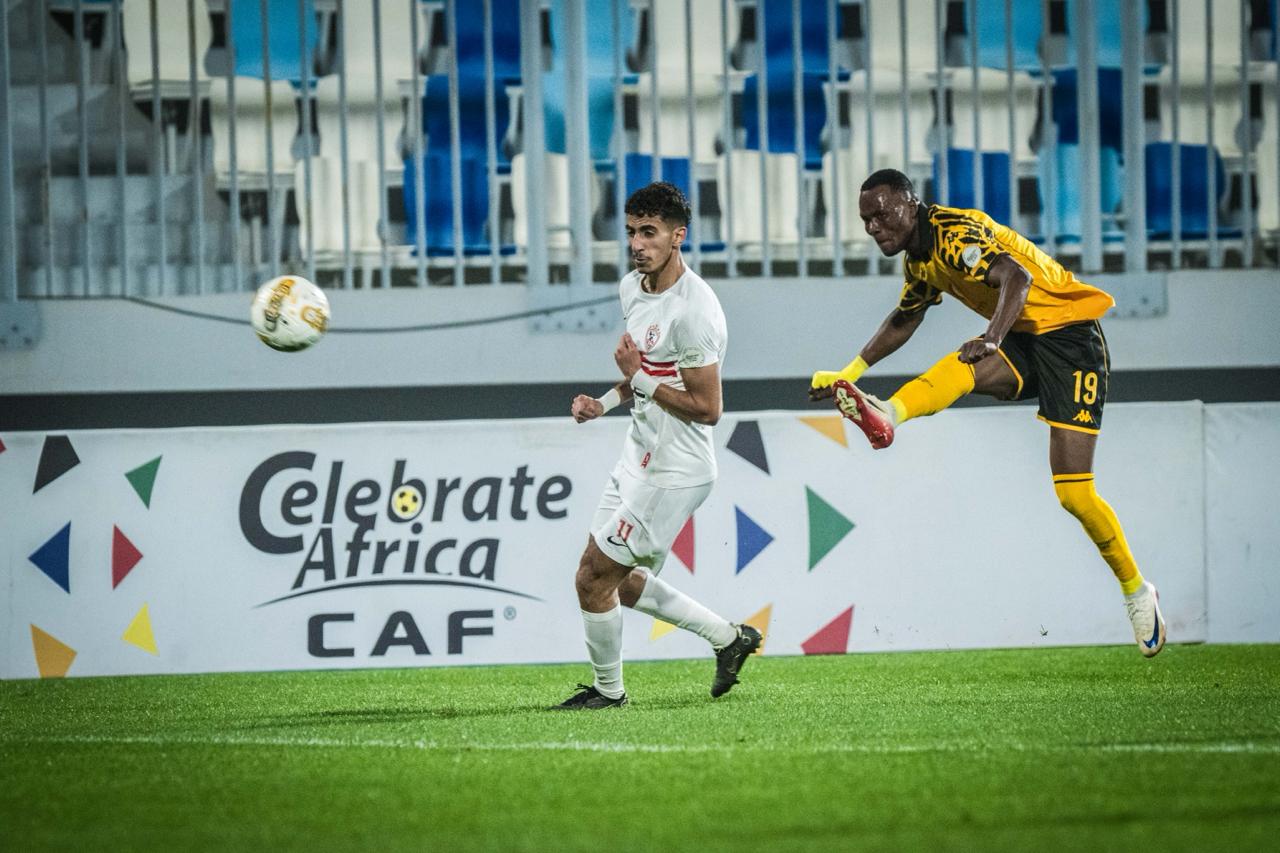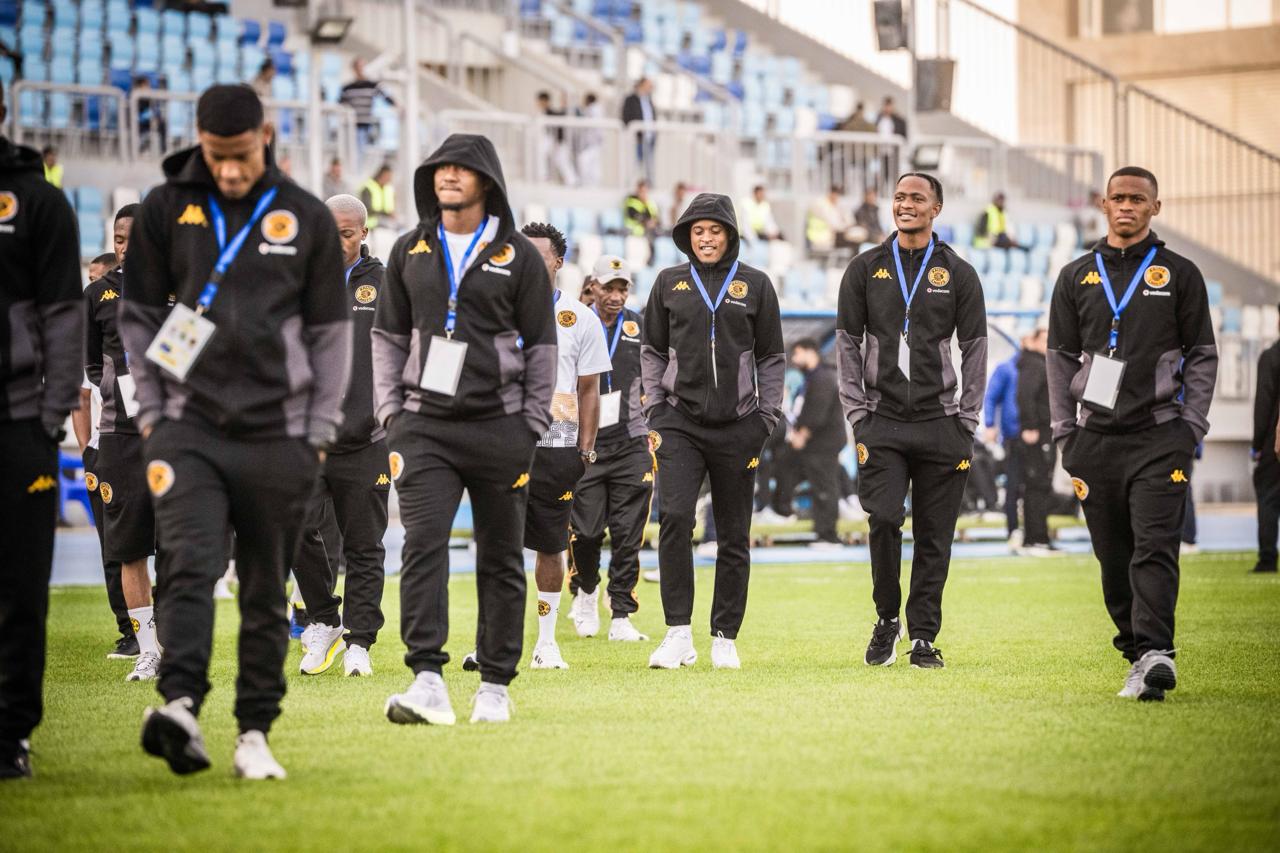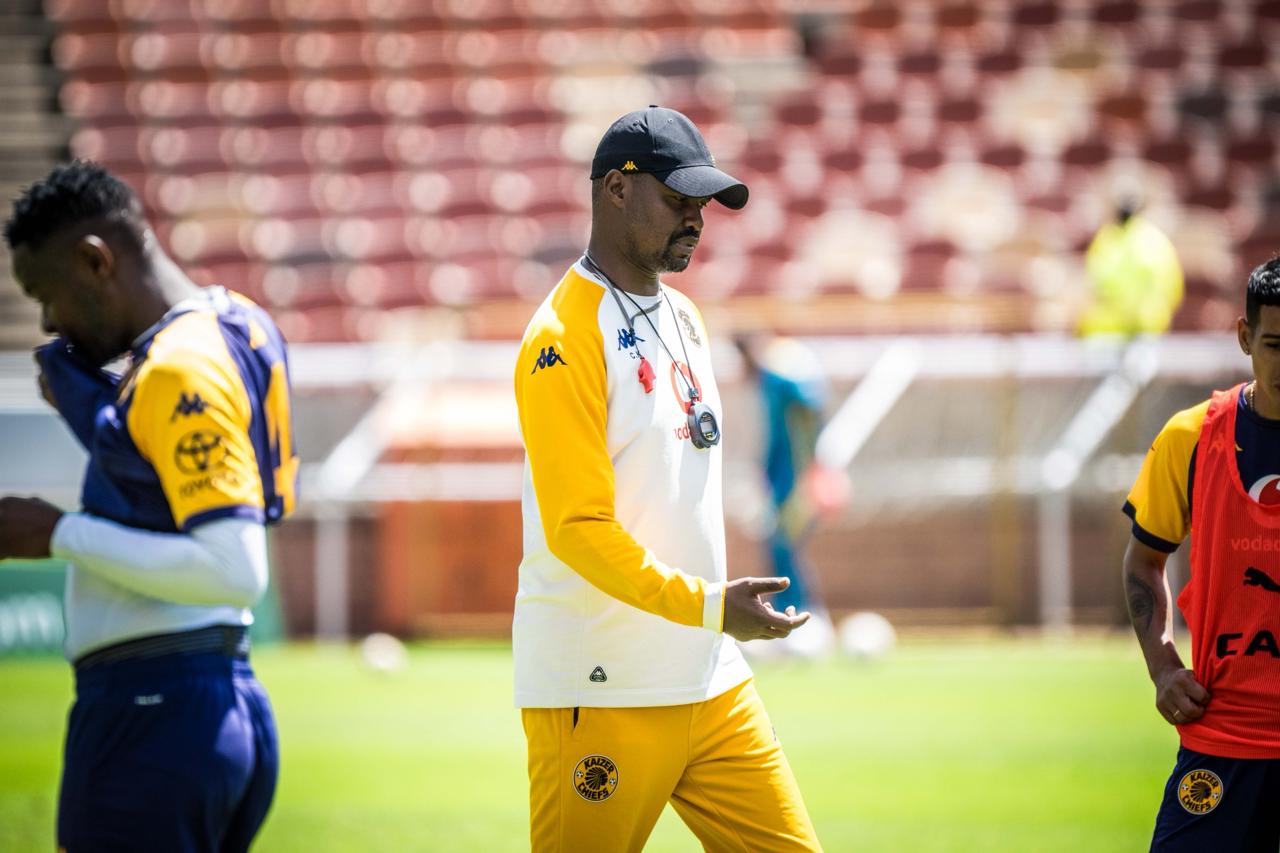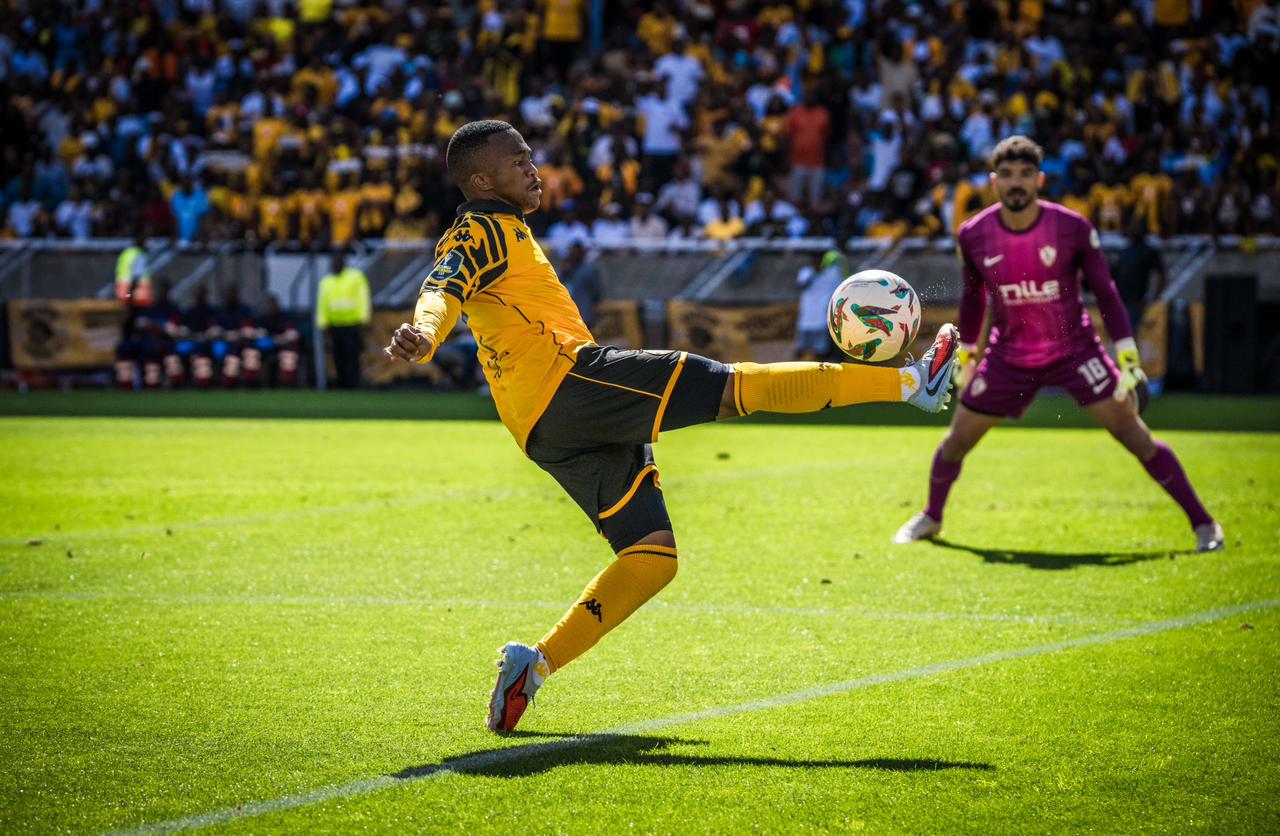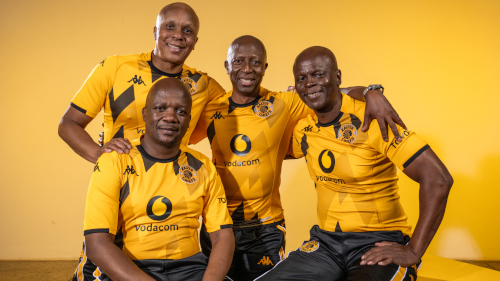Posted in Features, News on Jan 24, 2018.

Leonardo, you were standing on the sideline to come on to make your Kaizer Chiefs debut when the crowd started singing, ‘Castro, Castro, Castro!” How did that feel?
I was already excited to make my debut and the chanting made it even more special. I could really feel it and it was so motivating. From that moment I knew that I would score.
And then you scored the winner. What went through your mind when seeing the ball disappearing into the goal?
I knew I would score when coming on. I was happy, especially as we were one-man down at the time. I told the others after coming on to just focus. Luckily it all worked out nicely, as we needed those three points.
There was a great crowd at the New Peter Mokaba Stadium, with the Amakhosi supporters attending in numbers. You must have enjoyed that?
In South America, including Colombia, most stadiums are always full. So when I saw all those Kaizer Chiefs supporters I felt at home. It was wonderful. To see all the supporters coming out to be behind the team that’s so encouraging for the players.
What are your first impressions of life at the Village?
The facilities are fantastic and the people are also very nice. There is a great family atmosphere at the Village, which is good to see. I feel right at home.
Your English has improved considerably since you first arrived in South Africa. I understand that you are now learning to speak Zulu?
(Smiles) I listen to the Zulu spoken and try to pick up the words. Nobody is really teaching me the language at the moment, but that might change. Maybe one of the players will help me get an even better understanding of Zulu.
What does Kaizer Chiefs mean to you?
It’s the biggest club in South African soccer. And this emblem (he touches the Kaizer Chiefs logo with his hand) has to be the number one – we want to be the champion!
What’s the difference between soccer in South Africa and Colombia?
It’s faster and, above all, the rhythm of the game is different. In Colombia it’s all about technique and tactics. Those two aspects are very important in Colombian football.
Please tell us something about your family?
I was born in the south of Colombia’s capital, Bogotá. I lived there with my whole family, including my parents and my sister. Especially when I was still a kid there was a lot of violence in the city, which meant that I had to be alert at all times.
I believe you are married?
Yes. My wife and I have two kids, a son and a daughter.
Were you always a striker while growing up?
I started playing as a striker, but also played on the right wing. As said, coaches in Colombia focus a lot on tactics and technique, in the sense of ball control and passing abilities. Coaches often change their tactics or system for a certain game or opponent. It’s therefore important that a player is able to play in different positions.
Thierry Henry was your role model while growing. Why is that?
He made his team play. I copied some things of the way Henry finished and always looked what he did in certain game situations. An example is my goal against Baroka FC – I received the ball and finished. Those are some of the aspects I learnt while watching Henry play.
Why do you often stay behind after training without hesitation?
I try to always do something extra. For example, on the Tuesday after the Baroka FC match, we only had a gym session. However, I still went with ‘Shabba’ (Siphiwe Tshabalala), Gustavo Páez and Ryan Moon to the pitch to practice on crossing and finishing. Life is simple; you get out what you put in.
On Saturday you face your former side Mamelodi Sundowns, one week after making your debut for us. How will that be?
It’s an important game, because we have to win to stay close to them.
Are there any targets you have set for yourself to achieve at Kaizer Chiefs?
I want to score goals and to make history – I want my name to become part of the club’s rich history. I also want to achieve with Chiefs internationally, including winning the CAF Champions League.
The theme for Kaizer Chiefs this season is, ‘One Team, One Family, One Voice, One Nation, One Africa’. What does that mean to you?
That’s how it’s supposed to be when you want to be a champion. You have to be a family as a team, because you can only win together.


